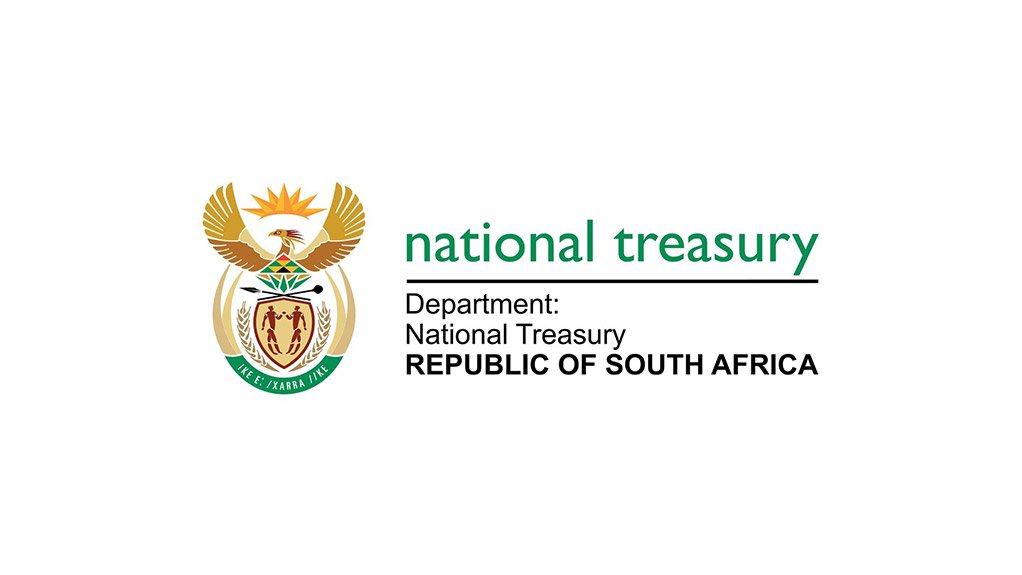/ MEDIA STATEMENT / The content on this page is not written by Polity.org.za, but is supplied by third parties. This content does not constitute news reporting by Polity.org.za.
National Treasury has released the local government revenue and expenditure report for the third quarter of the 2023/24 financial year. This report covers the performance against the adjusted budgets of local government for the third quarter of the municipal financial year ending on 31 March 2024 and includes spending against conditional grant allocations for the same period.
The Section 71 report facilitates transparency in reporting, better in-year management and the oversight of the financial performance of municipalities against their adjusted budgets.
This report is, therefore, a management tool that serves as an early warning mechanism for councils, provincial legislatures, and municipal management to monitor and improve municipal performance timeously. Improving the credibility of the mSCOA data strings is a priority for national and provincial treasuries and the submitted mSCOA data strings are analysed monthly and errors are communicated to municipalities for correction.
Key trends:
Aggregate trends
As at 31 March 2024, aggregate spending by municipalities was 66.3 per cent or R411.4 billion of the total adjusted expenditure budget of R620.7 billion. Aggregated billing and other revenue was 73.4 per cent or R452.8 billion of the total adjusted revenue budget of R616.6 billion.
Capital expenditure was R38.1 billion or 48.3 per cent of the adjusted capital budget of R79 billion.
The adjusted operating expenditure budget was R541.7 billion, of which R373.3 billion or 68.9 per cent) was spent by 31 March 2024.
Municipalities adjusted their salaries and wages (including remuneration of Councillors) budget from R154.5 billion to R153.5 billion, representing a R1 billion or a 0.7 per cent decrease from the adopted budget of R154.5 billion for the 2023/24 municipal financial year. The budget for salaries and wages constitutes 28.3 per cent of the total adjusted operating expenditure budget of R541.7 billion. As at 31 March 2024, R108.5 billion or 70.7 per cent of the adjusted salary budget was spent.
Aggregate municipal consumer debts was R347.6 billion (compared to R338.2 billion reported in the second quarter of 2023/24) as at 31 March 2024. A total amount of R8.3 billion or 2.4 per cent has been written off as bad debt. The largest component of this debt relates to households and represents 73 per cent or R253.6 billion (72.7 per cent or R245.8 billion in the second quarter of the 2023/24 financial year).
The creditors’ age analysis shows that R106.7 billion is owed by municipalities as at 31 March 2024, an increase of R2.4 billion compared to the R104.3 billion reported in the second quarter of 2023/24. Of concern is outstanding creditors more than 30 days relating to bulk electricity and water, trade creditors and other creditors.
The analysis of the collection rates indicates that while municipalities on average have an adjustments budget of 83 per cent collection rate, aggregated actual collection performance against billed is an under achievement of 61.5 per cent. The underperformance of actual collections against billed revenue holds a significant risk for the liquidity position of most municipalities as the planned expenditure is based on a higher performance level.
Conditional Grants Infrastructure Conditional Grants Expenditure as at 31 March 2024
As at 31 March 2024, a total amount of R42.4 billion or 99.6 per cent has been transferred to municipalities against the adjusted direct conditional grant allocation of R42.5 billion.
For the third quarter of 2023/24 in terms of the municipal financial year, National Transferring Officers (NTOs) reported expenditure of 58.8 per cent against the total adjusted allocation for direct conditional grants, while municipalities reported expenditure of 46.8 per cent.
Direct conditional grants allocated for the 2023/24 financial year against the infrastructure grants were adjusted to an amount of R39.6 billion following a decline of R1.7 billion during the adjusted budget process, from the original allocation of R41.4 billion. This was predominantly due to the fiscal consolidation reductions across all direct infrastructure grants apart from the Municipal Disaster Recovery Grant (MDRG – recovery) where an amount of R1.2 billion was added to the grant to fund the reconstruction and rehabilitation of municipal infrastructure damaged by the floods that occurred between February and March 2023. Of the R39.6 billion allocated, 99.6 per cent has been transferred to municipalities and 59.4 per cent or R23.6 billion was reported as expenditure as at 31 March 2024 against the revised total infrastructure allocation.
At the end of the third quarter, a total adjusted amount of R2.9 billion was transferred for capacity grants and expenditure of R1.5 billion or 50.6 per cent against the allocation was reported by NTO’s. This expenditure includes the unallocated conditional grant, i.e., the Municipal Disaster Grant (MDG) where a portion was allocated during the financial year to respond to the flood disasters that occurred in the KwaZulu-Natal and the Eastern Cape.
Low expenditure on infrastructure grants is a source of concern because this slow performance may eventually lead to unspent conditional grants that have to revert to the National Revenue Fund (NRF). The surrendering of unspent conditional grants to the NRF has negative consequences to the communities that must receive the services linked to the infrastructure to be built.
A summary of key aggregated information is included in the tables in Annexure A.
Issued by National Treasury
EMAIL THIS ARTICLE SAVE THIS ARTICLE ARTICLE ENQUIRY
To subscribe email subscriptions@creamermedia.co.za or click here
To advertise email advertising@creamermedia.co.za or click here











